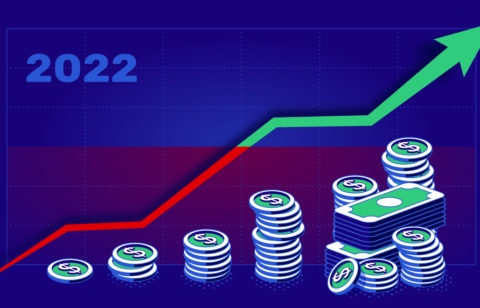In the world of personal finance, budgeting stands as the cornerstone of financial well-being. Just as a blueprint guides the construction of a sturdy building, a well-crafted budget is the foundation for a secure financial future. Some may view budgeting as a tedious task, but it’s important to recognize its power in shaping financial goals. Embracing a budget isn’t about restricting oneself; it’s about gaining control over one’s finances, making informed decisions and achieving financial freedom.
Why Budgeting Matters
Strategizing your spending helps you set and accomplish financial goals more easily. Creating a spending strategy ensures that your essential needs, like food, clothing and shelter are met. This financial roadmap also helps you avoid impulsive spending.
Many people fall into the trap of treating credit cards like an endless money stream. However, credit comes with a price, and eventually those bills need to be paid. If things get a little out of hand now and then, you can go back to your budget to find places to spend a little less here and there to get things back on track. This may also help you decide when a debt consolidation loan is the best option for you.
Creating a Budget
Creating a budget begins with listing all your monthly income sources and their corresponding amounts. This helps you determine your total incoming cash flow. Next, create a list of all your expenses to understand your outgoing cash flow.
Categorize your expenses to gain insights into your spending patterns across different areas. Once you have a clear picture of your cash inflow and outflow, you can set realistic spending limits. Regularly tracking your spending helps you adhere to your budget and stay on track.
Helps You Stash Cash
When it comes to financial emergencies, there are two types of people: those who have experienced one and those who haven’t. Life throws curveballs at everyone, and when your turn comes, you’ll need a financial cushion to catch you.
This is where an emergency fund steps in. Financial experts recommend setting aside three to six months’ worth of living expenses. This financial safety net can help you avoid debt when unexpected events occur. Once your emergency fund is in place, you can redirect the portion of your budget that was used to build it towards investments for your future.
Budgeting Shows Where Your Money Goes
Budgeting provides a clear picture of your cash flow. Without a budget, you risk making transactions without understanding their impact on your overall financial situation. This bird’s-eye view allows you to examine your spending habits and make informed decisions that align with your long-term financial goals rather than short-term gratification.
Budgeting is an essential tool for managing your wealth. Without a plan, spending can easily spiral out of control, leading to a life of living paycheck to paycheck. While many people fall into this pattern, it doesn’t have to be your reality. By tracking your income and expenses and aligning your cash flow with your financial goals, you take the first crucial step towards building lasting financial security.







